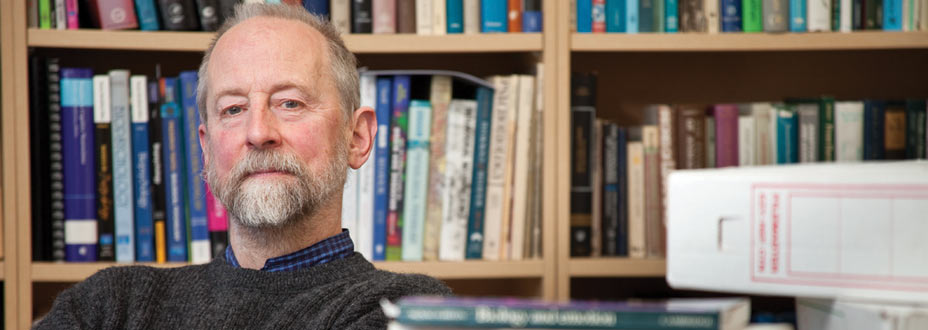
Deep brain stimulation and memory
Although Professor Neil McNaughton (Psychology) calls it an “extremely simple idea”, his research into an area of the brain involved in the control of memory has a wide number of potential applications.
Professor Neil McNaughton: "… if you block the theta rhythm in the hippocampus you get the memory problems and if you put the rhythm back with a particular type of stimulation, memory may return."
McNaughton's team has recently shown that deep brain stimulation can reinstate theta activity in the hippocampus, which could repair memory deficits in brain disorders ranging from traumatic brain injuries to epilepsy and dementia.
“What we've found is that if you block the theta rhythm in the hippocampus you get memory problems and if you put the rhythm back with a particular type of stimulation, memory may return.
“We know that the type of stimulation used and, particularly, the frequency matters but we do not know the details so our project is actually very simple: find out what pattern works best.”
Brain stimulation is already used in a number of disorders such as Parkinson's disease.
“What makes our work different is that we are putting a rhythm – that can be recorded from a functional part of the brain – back in, rather than just waking up certain areas with stimulation.”
The research will map parameters for successful stimulation that could be put to immediate use.
A Neurological Foundation Grant of $95,000 awarded in July this year has been critical to the study. The research is sufficiently “technically tricky” that it would not be possible without their funding.
“The grant is crucial. It allows us to take the theoretical model and push it to the point where it can go from pre-clinical to clinical.”